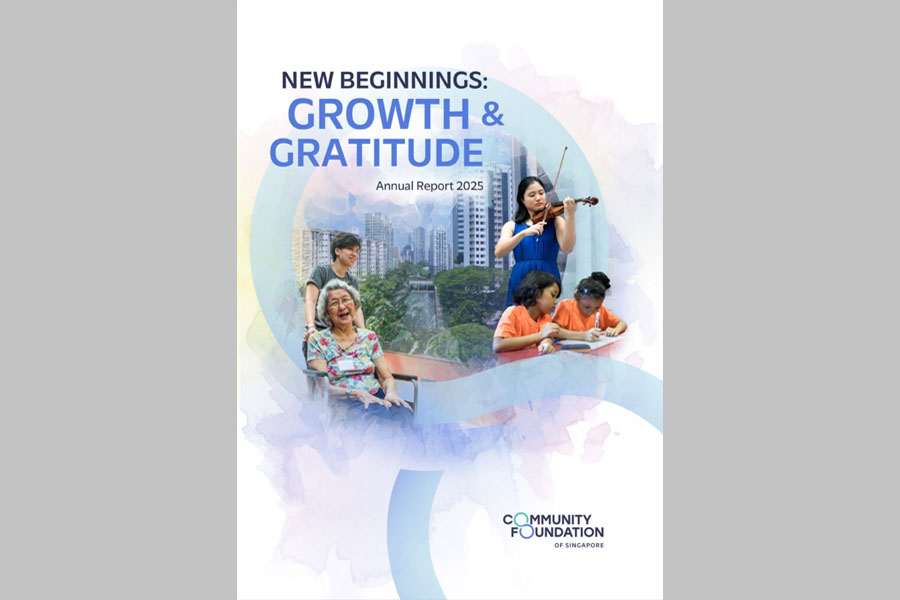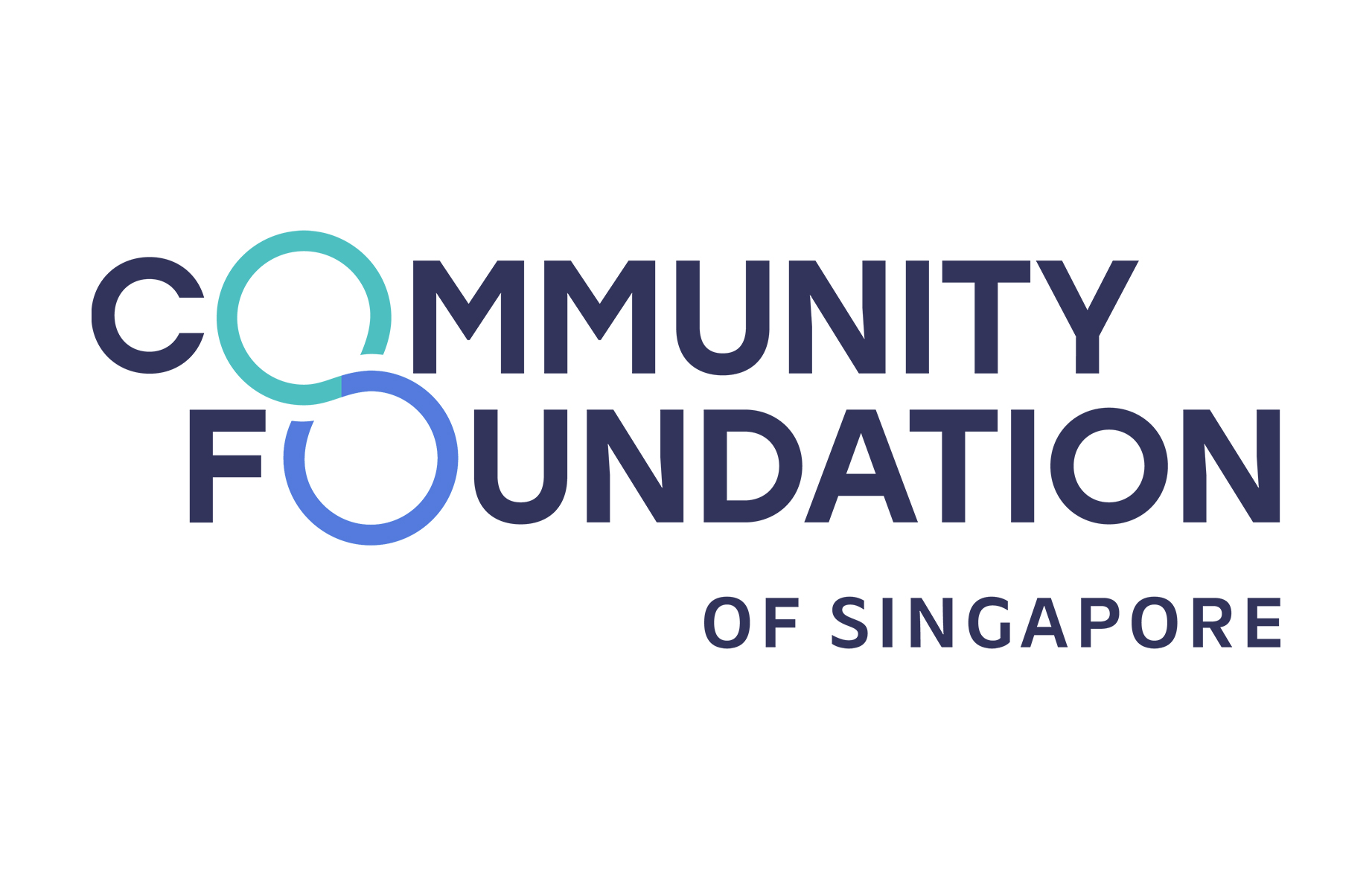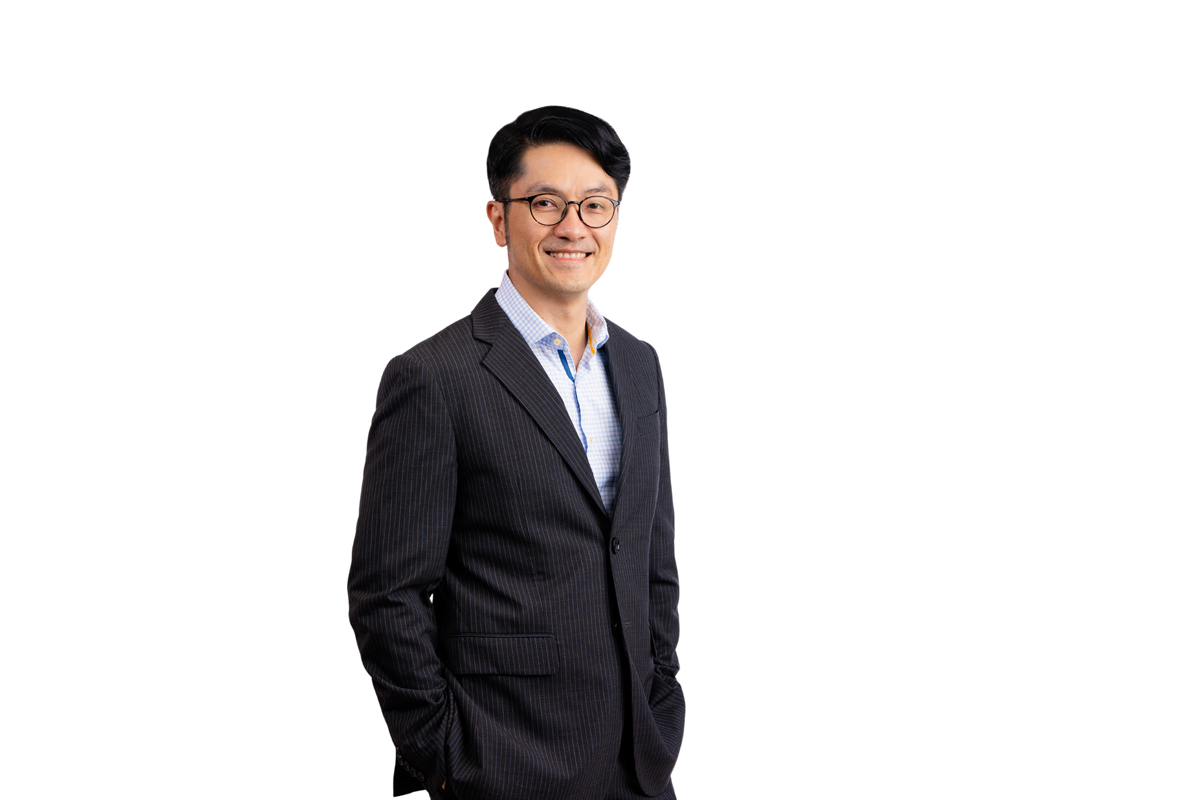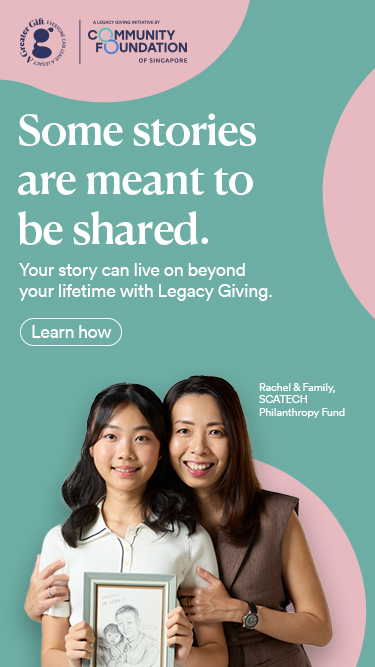The Community Foundation of Singapore Wins Charity Transparency Award 2023


The Community Foundation of Singapore (CFS) has once again proven its firm commitment to transparency and governance by clinching the prestigious Charity Transparency Award 2023. This marks the third consecutive year that CFS has been honoured with this accolade.
The Charity Transparency Award, an initiative of the Charity Council, recognises organisations that have embraced and implemented exemplary transparency and governance practices. More than just recognition, it serves as a beacon for other charities to emulate and uphold similar best practices.
The Charity Council and Singapore Management University conducted an independent and rigorous assessment of participating charities to determine the 80 worthy recipients of the Charity Transparency Award 2023. The assessment was subsequently validated by the Institute of Internal Auditors (Singapore), ensuring its impartiality and credibility.
Ms Tricia Lee, Director of Communications & Marketing at CFS received the award from Mr Desmond Chin, the Commissioner of Charities at an award ceremony held on November 21, 2023.
Guest-of-Honour Mr Edwin Tong, Minister for Culture, Community and Youth and Second Minister for Law said, “The awards are a testament to the charities’ unwavering commitment in upholding the highest standards of accountability, transparency and governance. My deepest appreciation is for the board members, staff and volunteers who have not only done good work within our community, but also contributed to building a charity sector that is trusted by the public, donors and beneficiaries.’’
The Community Foundation of Singapore (CFS) has once again proven its firm commitment to transparency and governance by clinching the prestigious Charity Transparency Award 2023. This marks the third consecutive year that CFS has been honoured with this accolade.
The Charity Transparency Award, an initiative of the Charity Council, recognises organisations that have embraced and implemented exemplary transparency and governance practices. More than just recognition, it serves as a beacon for other charities to emulate and uphold similar best practices.
The Charity Council and Singapore Management University conducted an independent and rigorous assessment of participating charities to determine the 80 worthy recipients of the Charity Transparency Award 2023. The assessment was subsequently validated by the Institute of Internal Auditors (Singapore), ensuring its impartiality and credibility.
Ms Tricia Lee, Director of Communications & Marketing at CFS received the award from Mr Desmond Chin, the Commissioner of Charities at an award ceremony held on November 21, 2023.
Guest-of-Honour Mr Edwin Tong, Minister for Culture, Community and Youth and Second Minister for Law said, “The awards are a testament to the charities’ unwavering commitment in upholding the highest standards of accountability, transparency and governance. My deepest appreciation is for the board members, staff and volunteers who have not only done good work within our community, but also contributed to building a charity sector that is trusted by the public, donors and beneficiaries.’’
- Related Topics For You: AWARDS, DONOR STORIES, NEWS



